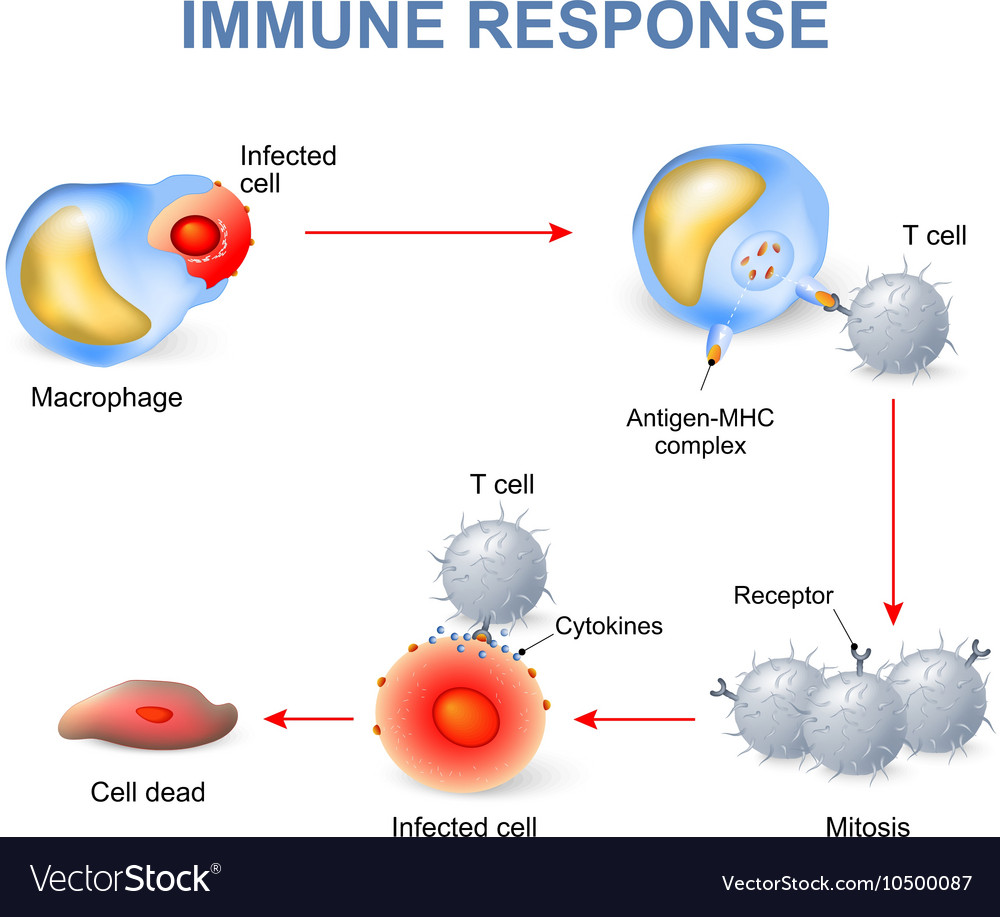I had previously explained fucoidan and immunostimulatory effects in one of the earlier articles. In this blog, I will discuss fucoidan and immunostimulatory effects based on the research paper. Also, at this time, I want to share more details about fucoidan and immunity. You will know how fucoidan works on the intestinal immune system and also increase immunity by spleen cells and macrophage.
According to “Biological Activities of Fucoidan and the Factors Mediating Its Therapeutic Effects: A Review of Recent Studies,” it is revealed that through its ability to regulate the immune response and reduce inflammation, fucoidan extracted from Japan Fucoidan can promote TNF-α and IL-6 production in peritoneal macrophages.

As reported by Makoto Tomori et al., “Evaluation of the Immunomodulatory Effects of Fucoidan Derived from Cladosiphon Okamuranus Tokida in Mic.” Fucoidan is involved in immune activities, such as those of macrophages, NK cells, and cytokines. Fucoidan derived from Okinawa Mozuku has been confirmed to be absorbed by rodents and humans. In the study, fucoidan was shown to be active in spleen immune cells, and macrophages in mice. For cytokines, IL-2 (activate Killer T-cells and Helper T-cells) and IFN-γ (produce Helper T-cells) were increased, whereas IL-4 (suppress activation of macrophages) and IL-5 (involve allergy) were reduced. Serum antibodies IgM, IgG, and IgA (prevent virus) increased, but IgE (occur allergy) decreased. Spleen cells and macrophage activity are affected by cytokines. The immune cells in the spleen are T and B cells. In the study, the groups which were administered fucoidan were seen to increase their splenic immune cells.
Jang et al. reported that they observed a proliferative effect on mouse spleen cells by the use of high molecular weight fucoidan (130 kDa). In the study, the production of IL-2 and IFN-γ was increased in the groups which were administered fucoidan. These results suggest that macrophage phagocytes’ activity was stimulated. The action of macrophages also has another mechanism. Doi et al. showed that macrophages bound to various negatively charged molecules and reported that they were involved in biological defense mechanisms and processing mechanisms.
The serum antibodies IgM, IgG, and IgA were significantly increased, whereas IgE was reduced considerably. B cells are involved in antibody production, and IL-4, IL-21, TGF-β, and IFN-γ are affected by their activity. In the case of fucoidan derived from Mekabu (Undaria pinnatifida) used by Takai et al., a fucoidan with a molecular weight of ≥2 kDa promoted IgM, IgG, and IgA, with IgE, reported being below the detection limit. These test results suggested that a class switch of B cells caused by IFN-γ was involved in the production promotion of IgM, IgG, and IgA. On the other hand, IL-4 and IL-5, involved in humoral immunity, were reduced in the groups which were administered fucoidan. These results reveal that fucoidan can adjust the balance between cellular and humoral immunity, in which I assume fucoidan can also help dose-dependent for autoimmune disease as well.

